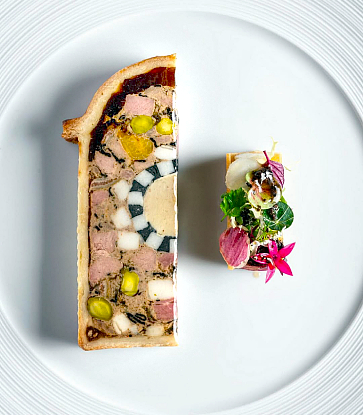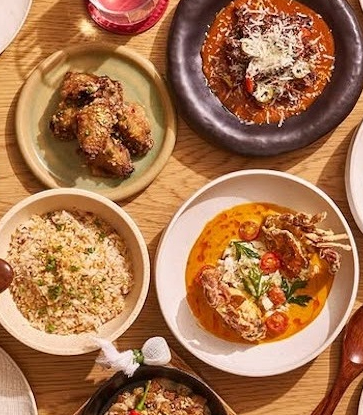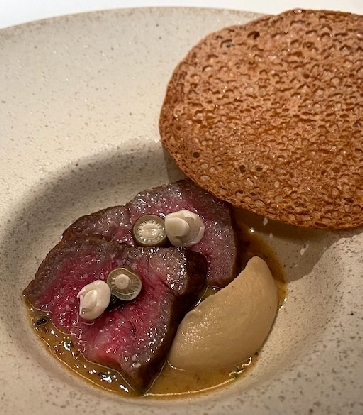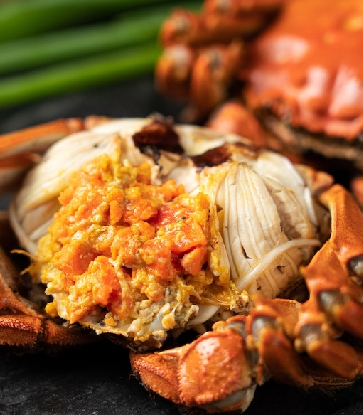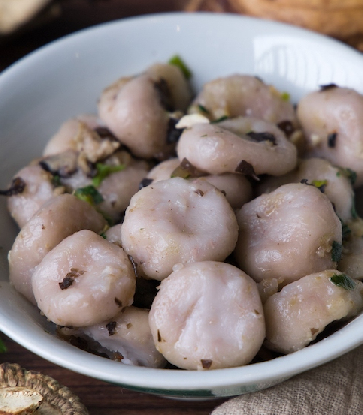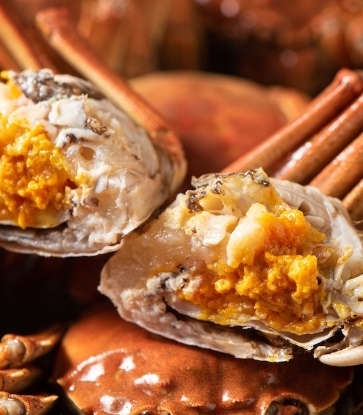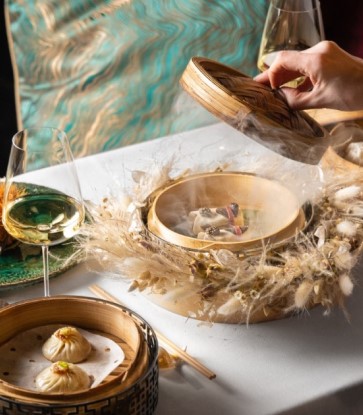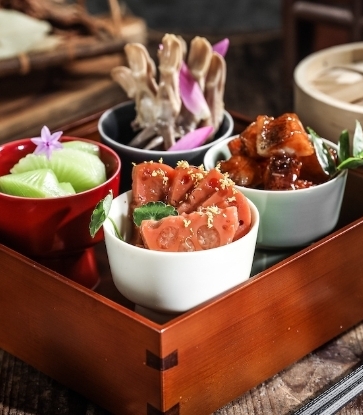“We Cantonese people love our soups. We almost always have soup with our meals,” says the chef. “Soups give people a sense of family, of reunion and harmony. Moreover, soups are beneficial to health and having a bowl before a meal whets the appetite.”
Unlike clear soups and stocks which are slow-cooked on low heat, Lee’s thick broth requires vigorous boiling on high heat for six to eight hours to break down the chicken and pork, and draw out all its collagen for the soup’s rich, sticky mouthfeel. As such, after the initial three hours of boiling, Lee assigns a chef to stir the pot every 15 minutes to prevent it from overcooking. It is a laborious process, but one that is well worth it. “It’s our signature dish because we hope that our guests can feel the sincerity of our chefs through it,” says Lee.

Though today he presents his cuisine in the opulent interiors of Cassia designed by eminent designer Andre Fu, the humble chef is deeply pragmatic about what motivates him. “I was 18 when I entered the trade and now it's been 42 years. When I first started, it was because of interest and now it's become a sense of responsibility — a duty towards my family and my colleagues. Since the restaurant has been entrusted to me, I have the responsibility of bringing out its best.”

“As a Cantonese chef, I think the most important skill is controlling the fire. But to master the wok well, other than being conscientious, you need time to accumulate experience,” he shares. “My core principle is to cook with heart. You have to cook a dish with all your heart to bring out the character of the dish.”




